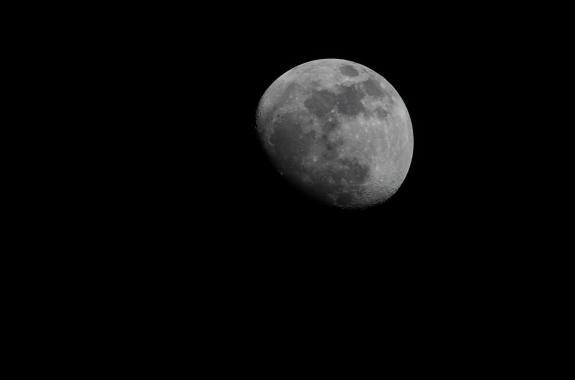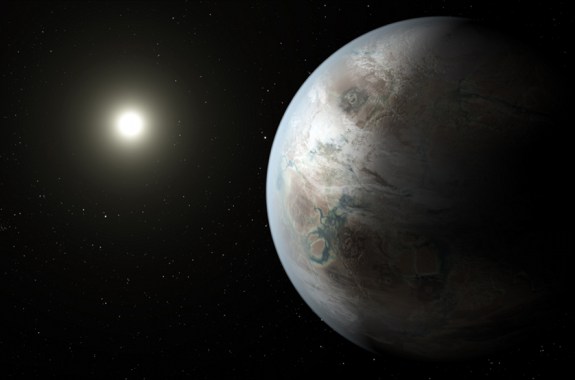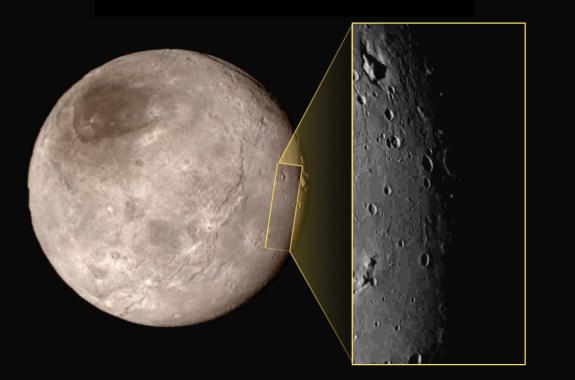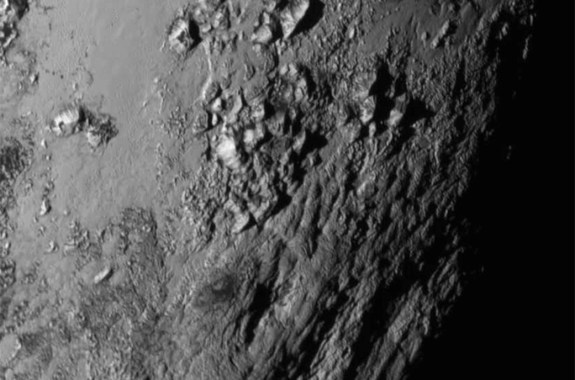9:14
Plants in Space!
This week on The Macroscope, plant biologists send a lowly weed to the International Space Station to study its growth in zero gravity.
Plants in Space!
For humans to travel to the Moon and Mars, they’ll need a companion – a lowly weed known as crackwort.
9:33
Keeping an Eye on Our Celestial Companion
Dean Regas, outreach astronomer at the Cincinnati Observatory and co-host of the PBS series “Star Gazers,” shares moon-viewing tips and a dose of lunar lore.
6:38
From Hawking, a New View of Black Holes
At a recent scientific meeting, physicist Stephen Hawking outlined a possible solution to a paradox about information in a black hole.
11:56
An HIV Mystery, the Search for E.T., and a Bug Bite Itch Zapper
BuzzFeed News science editor Virginia Hughes shares her top stories from this week in science, and astronomer Seth Shostack debates the pros and cons of attempting to contact E.T.
17:20
Closer to Earth, 2.0, and a New Horizons Update
NASA’s Kepler program has located a planet close in size to Earth, orbiting in the habitable zone of a star similar to our own sun. Plus, new data about Pluto.
17:19
New Horizons Reveals Unexpected Worlds
Ice mountains and gaping canyons are just a few of the surprising features the New Horizons spacecraft beamed back this week.
17:26
A Sci-Fi Writer Keeps His Eye on ‘Spaceship Earth’
In his new novel, “Aurora,” sci-fi writer Kim Stanley Robinson puts the dream of interstellar colonization under the microscope.
Well, Hello, Pluto!
Our most up-close-and-personal shot of the (dwarf) planet yet.




